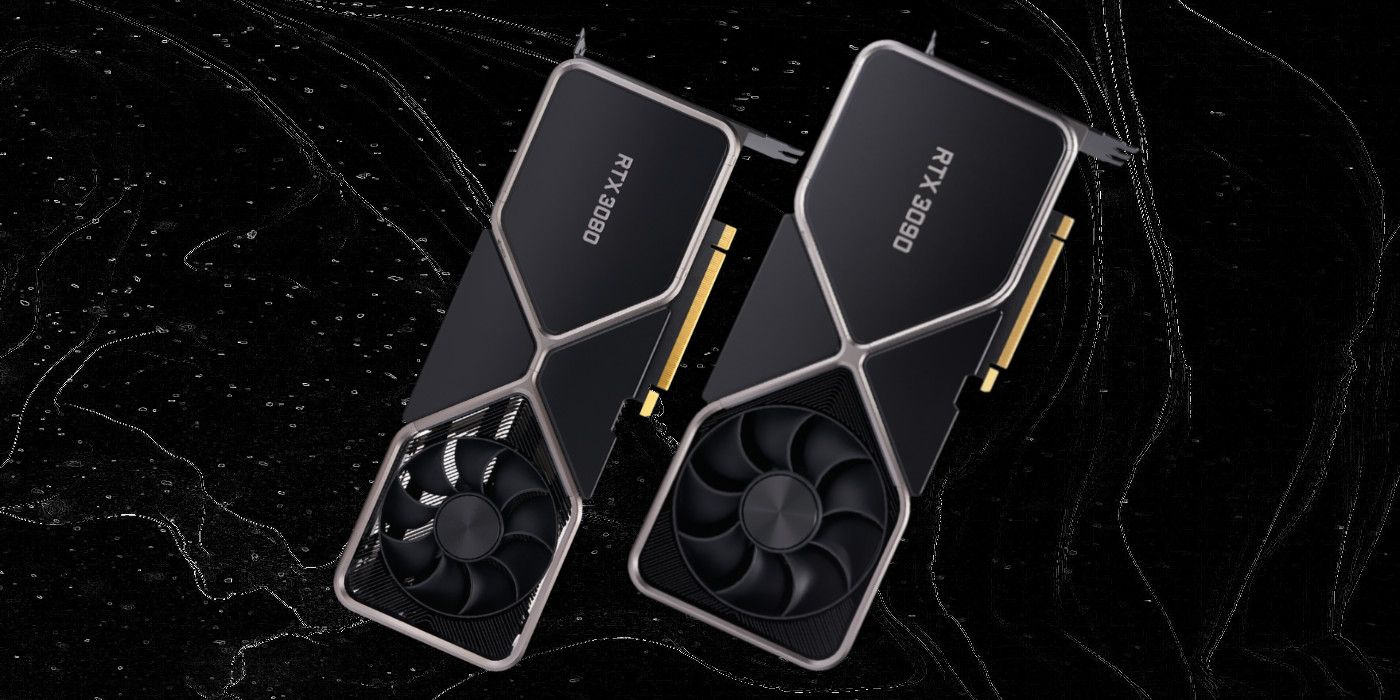A massive cyber-attack on NVIDIA has reportedly leaked employee credentials and critical business information, including the company’s future GPU roadmap. In a press statement on Tuesday, NVIDIA said that it first became aware of the breach on Feb. 23 and is currently working on analyzing what information was leaked and how that will impact operations going forward. The company, however, insisted that none of the leaked information is likely to affect its business.
Cybersecurity threats have been growing with every passing year. The past couple of years, especially, have seen an uptick in the number of hacks, ransomware attacks, organized phishing operations and so on. Several companies have reported massive data breaches during this time, and there have also been reports of state-sponsored hackings against activists, opposition politicians, journalists, foreign diplomats, etc.
According to VideoCardz, the leaked information from the NVIDIA hack includes details about the company’s next-gen GPUs, codenamed Ada, Hopper and Blackwell. The report seemingly confirms persistent rumors that Ada (named after nineteenth-century English Mathematician Ada Lovelace) is NVIDIA’s next mainstream consumer GPU architecture, replacing Ampere. The leaked info further suggests that the Ada lineup will include the AD102, AD103, AD104, AD106, AD107 and AD10B silicon, although the exact specs and configurations of these GPUs are not known at the moment. The leaked information also confirms that the Hopper architecture (named after celebrated American computer scientist Grace Hopper) is meant for data center cards and will be the base for at least two silicons, including the GH100 and the GH202.
Leaked Roadmap Suggests Ada, Hopper And Blackwell

Finally, Blackwell is believed to be named in honor of American statistician David Harold Blackwell. According to the report, the Blackwell architecture will spawn the GB100 and GB102 silicons and succeed Hopper. Again, this is not the first time that rumors about the Blackwell architecture have surfaced. Noted Nvidia tipster ‘kopite7kimi’ initially tweeted about Blackwell GPUs last April, although back then, it wasn’t clear whether it would be targeted at consumers or the data-center market.
A ransomware group called ‘Lapsus$’ has reportedly claimed responsibility for the hack and claims to have information about the drivers and firmware related to NVIDIA’s graphics chips. Not only that, but they also claim to have the LHR V2 bypass software that would help users circumvent the hash rate limiter that NVIDIA implemented in its RTX 30-series GPUs to make them less attractive to cryptocurrency miners. The outfit said it is currently selling the software but hopes that NVIDIA will remove the limiter soon.
Interestingly, reports suggest that NVIDIA has fought back against the hackers by doing some hacking of its own. According to a tweet last week by ‘vx-underground,’ Lapsu$ has confirmed that NVIDIA successfully encrypted their machines in a retaliatory ransomware attack. The group, however, claims that it isn’t significantly impacted as it had a backup for all its data. While it’s unusual for large companies like NVIDIA to take matters into their own hands in cyber-attack cases, it’s not the first time something like this has happened. The FBI, last year, hacked ransomware group ‘REvil,’ which was thought to be behind the Colonial Pipeline hack a few months earlier. It will be interesting to see going forward if this is a one-off action from one angry company, or such retaliatory measures will become more common.




